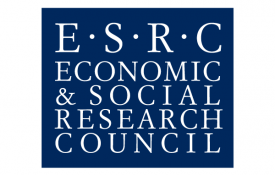-

Apply Your PhD as an AAAS Science & Technology Policy Fellow
Have a PhD in psychological science? Interested in shaping and developing policy? Then the American Association for the Advancement of Science (AAAS) Science & Technology Policy Fellowship (STPF) might be for you.
-

NIH Funding to Study Intersection of Sex and Gender on Health
The Office of Research on Women’s Health (ORWH) has announced a new funding opportunity to support study of the influence of sex and gender on health and disease.
-

High Wealth Inequality Linked With Greater Support for Populist Leaders
People who live or think they live in a more economically unequal society may be more supportive of a strong, even autocratic leader, a large-scale international study shows.
-

New Research From Clinical Psychological Science
A sample of research exploring interpretation bias in anxiety and depression, neural reward responsiveness in children with suicidal ideation, and eye movements and false-memory rates.
-

Funding Opportunities from the Economic and Social Research Council
Did you know? The Economic and Social Research Council, the UK’s largest organization for funding research on social and economic issues, offers two types of general grants that may be of potential interest to psychological scientists.
-

National Academies Release Report on Healthy Behavioral Development in Children and Youth
A new report by the National Academy of Sciences, penned by psychological scientists and other experts, calls for broad-based efforts by the US government to improve the mental health of children.

